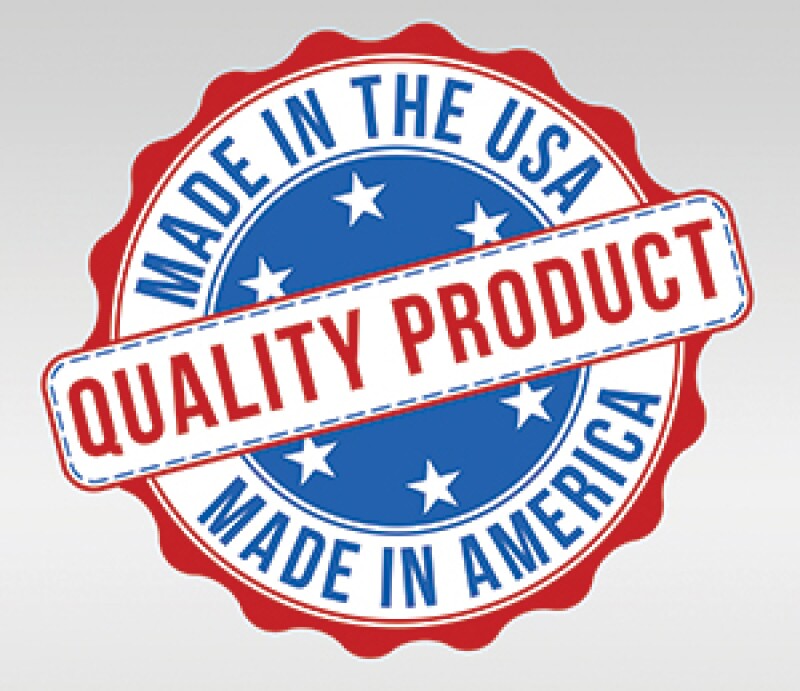
President Trump's America first and 'buy American, hire American' rhetoric has spurred existing and hopeful recipients of US direct investment abroad (USDIA) to wonder whether that investment will continue to flow as it has.
This concern, over whether the defiantly protectionist administration will allow foreign investment to grow – as it has been doing – or incentivise it not to, has also reignited a global debate over protectionism. The rhetoric may have given impetus more protectionist agendas worldwide.
The concerns emanating from the US have often focused on a handful of specific domestic pressure points. These include an idea that US foreign investment means less domestic investment by US firms, fewer US jobs, a risk to certain sectors of the US economy (manufacturing, for example) and lower exports. The Bring Jobs Home Act is one policy response to this concern; incentivising US companies to build domestic operations over foreign ones via insourcing.
Investment data and the opinions of leading private practice lawyers on the ground examined in this Report give a much more nuanced view.
Still in its first year, the Trump administration has not enshrined this policy in any legislation. It has however backed up its stance with strong statements, including the withdrawal from the Paris climate agreement and the Trans-Pacific Partnership (TPP), and the intention to renegotiate the North American Free Trade Agreement (Nafta).
Unbundling the issues around America first
This Report provides a crucial glimpse into what the data say about US foreign investment, what private practice lawyers in USDIA-receiving countries think the real concerns are and what, if any, have been the legal practical implications.
In an exclusive piece for IFLR, James Jackson, trade specialist at the US Congress' non-partisan think-tank, the Congressional Research Committee, debunks some of the more widespread criticisms of USDIA. In contrast to chasing low wages and weaker environmental and labour regimes, Jackson asserts that "on the whole, US firms appear to invest abroad to serve foreign markets, rather than to produce goods to export back to the US".
The data reveal that in 2016, 96% of USDIA came from reinvested earnings, financed by the foreign affiliates of US companies, and therefore did not displace domestic investment. It also shows that foreign investment tends to stimulate US exports by increasing intra-company trade. These data are at odds with the issues and aims often associated with the America first policy.
Jackson does highlight that some quarters of the US feel that US companies are not competing on a level playing field. This idea is reinforced by the prominence of state-owned enterprises among the world's largest companies and a trend in countries taking up national security review mechanisms to vet investments. Given these issues, how seriously should a threat to reform USDIA be taken?
The view from USDIA recipient countries
Private practice lawyers have so far seen few real implications for USDIA. In Albania, domestic reforms are seen to be more of a factor for US investment flows than US policy. Ardjana Shehi and Irv Vaso of Kalo & Associates point out that the protectionist agenda may impact US development aid. In the Dominican Republic, Mariangela Pellerano and Caroline Bonó of Pellerano & Herrera see a likely decrease in investment due to caution, stemming from US policy.
Ruby Asturias and Martin Barrillas of Pacheco Coto in Guatemala, and Peter Burke and Nattha Srisomwong of Axis Legal in Thailand, anticipate little impact and point to domestic factors that will remain attractive to US investors. A similar idea emerges from Mori Hamad & Matsumoto's Masakazu Kumagai and Hiroyuki Kurihara in Japan, that protectionist measures are unlikely to stray into the key Japanese markets for US investment.
In the Philippines, Aris Gulapa, Oliver Baclay and Marie Yasmin Sanchez strike a slightly more cautious note, seeing benefit to the Philippines as a nation that was not part of TPP, but noting that TPP was generally seen as "promising for regional integration". The lawyers do see a possible concern over Filipino remittances from the US. Feroz Dubash, Shruti Zota and Kanwardeep Singh of Talwar Thakore & Associates in India remain positive on USDIA but see possible disruption from a tightening of Food and Drug Administration rules.
After six months in office the outlook is still unclear and the data reveal a tension in the protectionist agenda. A lack of clarity surrounding the USDIA outlook and what the administration will be able to legislate, means that IFLR's US Outbound Investment Report 2017 comes at a crucial time.

